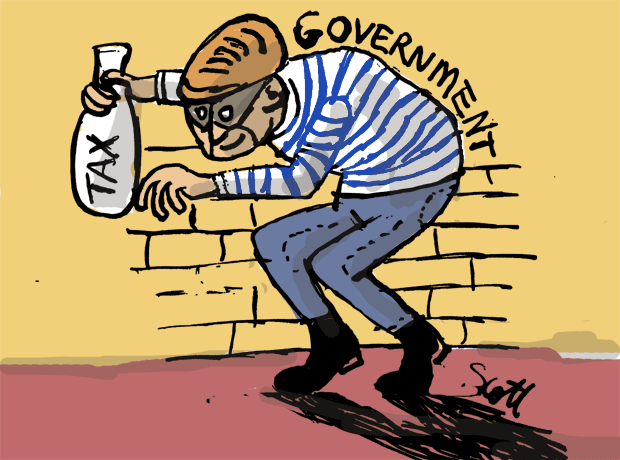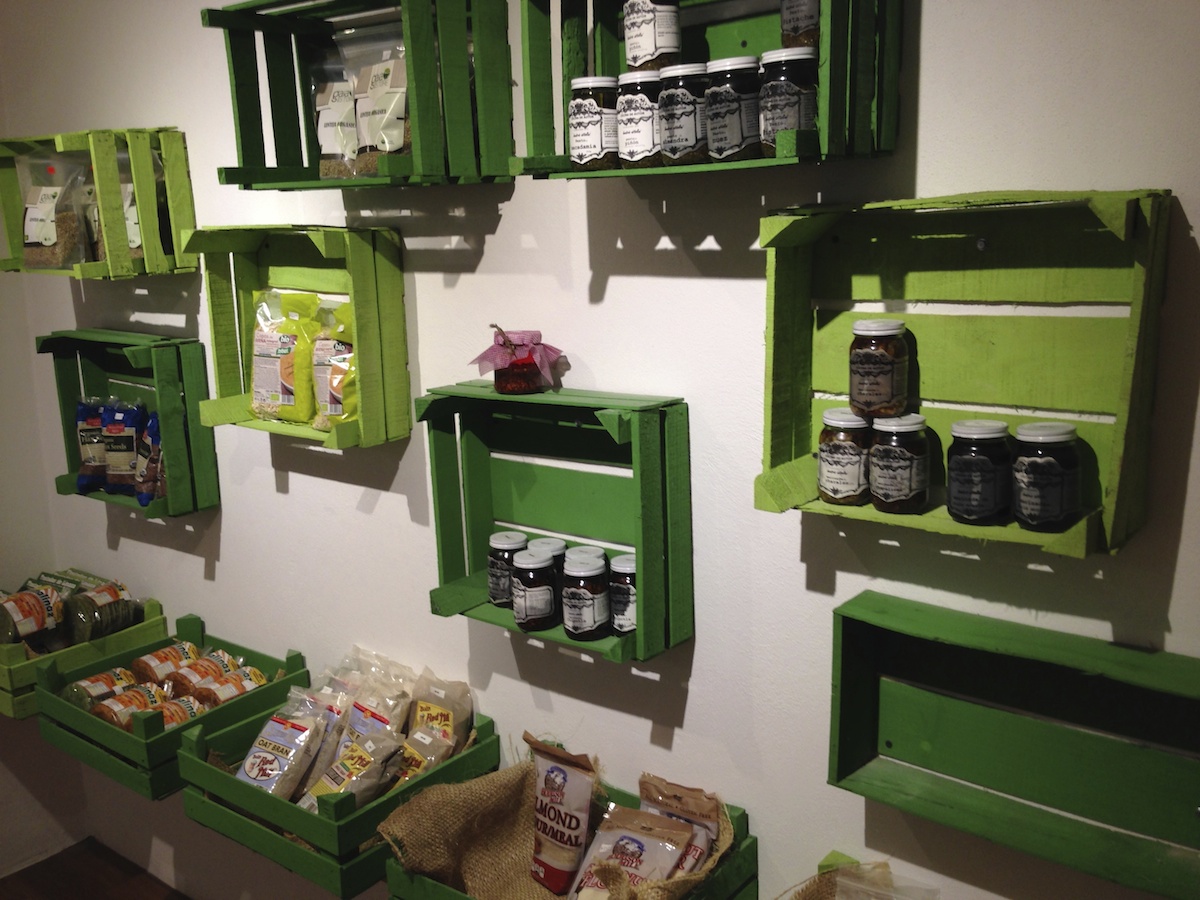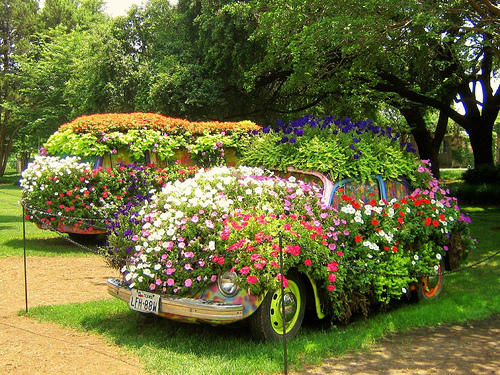The issue of motoring and the environment is one of the most hotly debated issues on the green agenda. As we know, a majority of the cars on our roads contribute in a greater or lesser measure to the pollution in our environment. People are not going to stop driving, and the issue of transport pollution is not going to slip off the agenda, so surely something has to give. Is there a way that we can keep driving and stop contributing to the pollution of our environment?
One thing that seems certain is that it is not going to become illegal any time soon to drive a car that causes a certain amount of pollution. Even the more gas-guzzling cars are not going to be banned, even if they may be taxed more heavily in some places. A car can be declared unroadworthy if it gives off more than an agreed level of fumes, but at the moment this seems to apply to cars that have a specific fault, and is not going to take the majority of high-pollution cars off the roads any time soon.
The possibility of driving a hybrid car that uses another fuel – hydrogen being one, or electricity another – to augment the power that it gets from less environmentally sound fuels is one that a lot of people are now considering. At the moment, there is a body of opinion that feels the less polluting cars of this nature to be inferior mechanically to pure gas cars. As technology improves, the chances are that this viewpoint will decrease, and at that point we will be on the road to greener driving in our cities.




